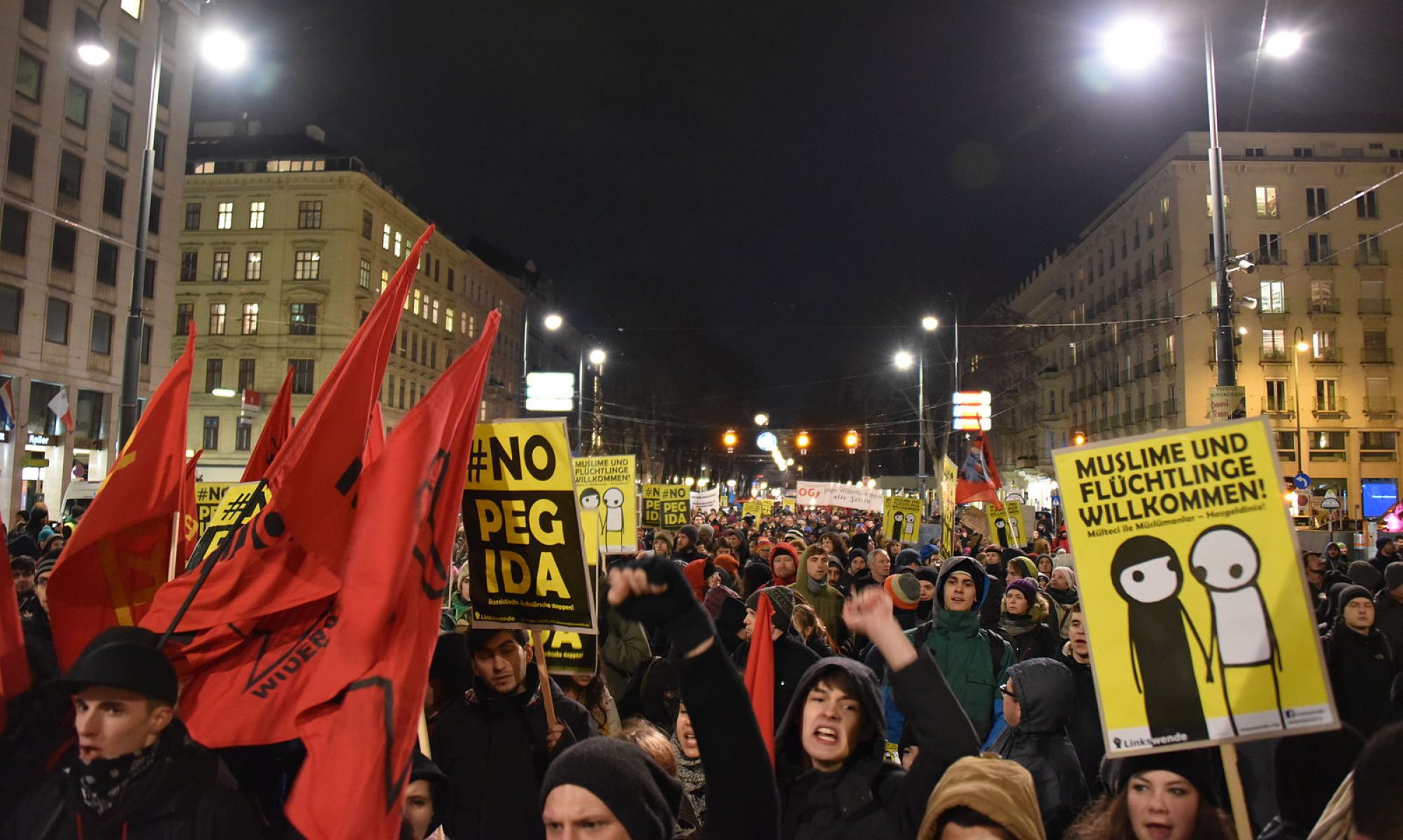Megan MacRae
I found Charlie Jarvis’ article extremely interesting and telling of fascism in past and present Italy. Jarvis explains that after the 1969 bombing in Milan, neofascist units waged terror in Milan through massacres. Often, Italian authorities were aware of the actions of these neofascist groups. However, the museum established to commemorate the violence that occured does not make reference to the state’s involvement in this period. This is yet another instance in which a fascist state refuses to admit their part in the actions of fascist groups.
I feel that thus far in our course, we have been continuously discussing the fact that most often, fascist’s refuse to recognize that they are fascist’s. We have seen it in Italy, Germany, the United States etc. Despite the fact that individuals and groups will exhibit the core beliefs of fascism, they will vehemently deny that they are fascists. Jarvis’ article seems to echo this continuous theme. Jarvis explains that not only was Italy aware of the role neofascist’s played in the terror of 1969, but currently, the country is closer than it has been since World War II to a fascist regime. At the time in which this article was produced, the leader of Fratelli d’Italia, Giorgia Melino had yet to be elected as Italy’s first woman Prime Minister. However, she recently did secure victory and this made Italians and other democratic nations around the world quite concerned. Despite the fact that Meloni and Fratelli d’Italia descended from a fascist party, Meloni refuses to admit that her party has inherited fascist views. Perhaps this is because she knows that admitting that she and her party are fascists will cause those apart of the moderate right-wing to hesitate on voting for her. Regardless, Jarvis’ article and the current leadership of Meloni both remind me of a common theme present throughout this course; fascists are reluctant to admit their political beliefs, but their actions prove what they truly believe.
